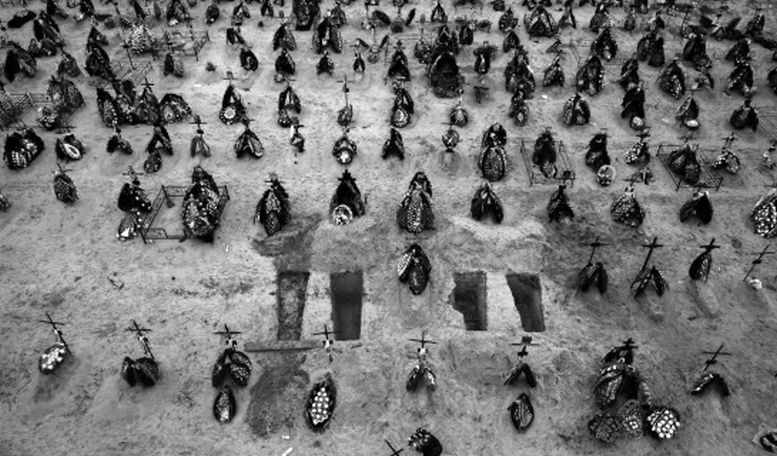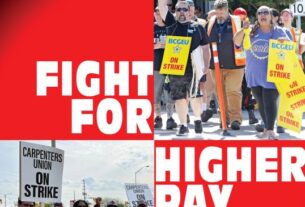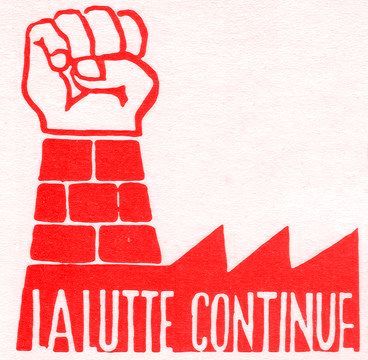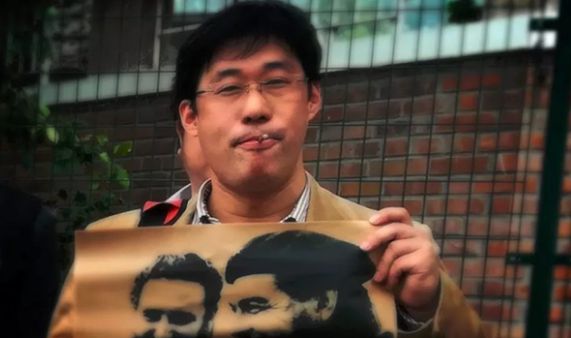Per-Åke Westerlund is a member of Rättvisepartiet Socialisterna (ISA in Sweden).
The offensive by Ukrainian forces continues and the crisis of Putin’s war deepens.
On Friday 30 September, Moscow declared that the regions of Donetsk, Luhansk, Zaporizhzhia and Kherson are “forever” part of Russia, as a result of the fake “referenda”. But already on the weekend of 1–2 October, the Ukrainian army captured the strategically important town of Lyman in Donetsk and on Monday there were reports of significant advances in the Kherson region. It is the biggest conquest by Ukrainian troops in the south since the war began.
The Putin regime’s latest moves to mobilise an additional 300,000 troops and incorporate the four provinces, along with new threats that Russia has nuclear weapons, were meant to deter further advances. Continuing the offensives in Kherson and Donbass (Luhansk and Donetsk) would, according to Moscow, be an attack on Russia.
But Ukrainian forces continued to advance. Faster than before in the south towards Kherson, and, in the Donbass, to try to retake cities like Severodonetsk in Luhansk. Zelensky, US imperialism and the general mood in Ukraine hints at the possibility of victory in the war. Kyiv also responded by applying for fast-tracked NATO membership and requesting more advanced weapons from the West. In the last few days Biden has made new promises of weapon deliveries.
The crisis for Putin deepens every day. Several hundred thousand have fled the country and many have gone into hiding. Protests against the war have resumed despite the repression, with large demonstrations in Dagestan. The low morale of Russian troops is reflected in the recent retreating in Kherson and Lyman carried out by units considered to be among the elite of Russian troops. When asked directly, Putin’s spokesman Peskov did not even know where Russia’s new “borders” are.
The war hawks in Russia are now openly criticising the military leadership and demanding that commanders be changed, or even sent out as cannon fodder. Ramzan Kadyrov, who rules Chechnya with an iron fist, is demanding that Russia declare full-scale war instead of “special operations” and that martial law be introduced. He also advocates Russia deploying tactical nuclear weapons.
Putin has so far fired a number of the generals, but is effectively in charge of the war operations himself. How strongly he maintains power is now a question, as are the alternatives. Clearly, the risk of an escalation of the war, including the use of weapons of mass destruction, has increased. This would likely be met with a massive response from NATO.
With many uncertainties, it is still too early to say that the war is over. The same applies to the economic and political consequences. Putin’s dictatorial regime has failed to re-establish Russian imperialism as a strong factor in Europe. The country has been subjected to the strongest economic sanctions, but high oil and gas prices have so far hidden the worst consequences. Public policy discussion is dominated by criticism from even worse war hawks.
The US/NATO/Zelensky are portrayed as “defenders of democracy.” But they are not on the side of the workers and the poor. The actions of US imperialism in Afghanistan and Iraq are clear examples. Whatever the outcome of the war, Ukraine will be put under enormous pressure economically and politically, with Zelensky and other right-wing politicians as partners of the Western camp.
In Sweden and other EU countries, the war has triggered a sharp military build-up, which in Sweden’s case was crowned by the NATO application.
“National unity” and “NATO cooperation” are used to conceal capitalism as the cause of wars and crises. Politicians and capital fear the increasing class contradictions: inflation, austerity, the energy and climate crises. Workers, the poor and young people need their own political alternatives, not to be subordinated to capitalist governments and war alliances. Against capitalism and all imperialism, for peace and democratic international socialism.




